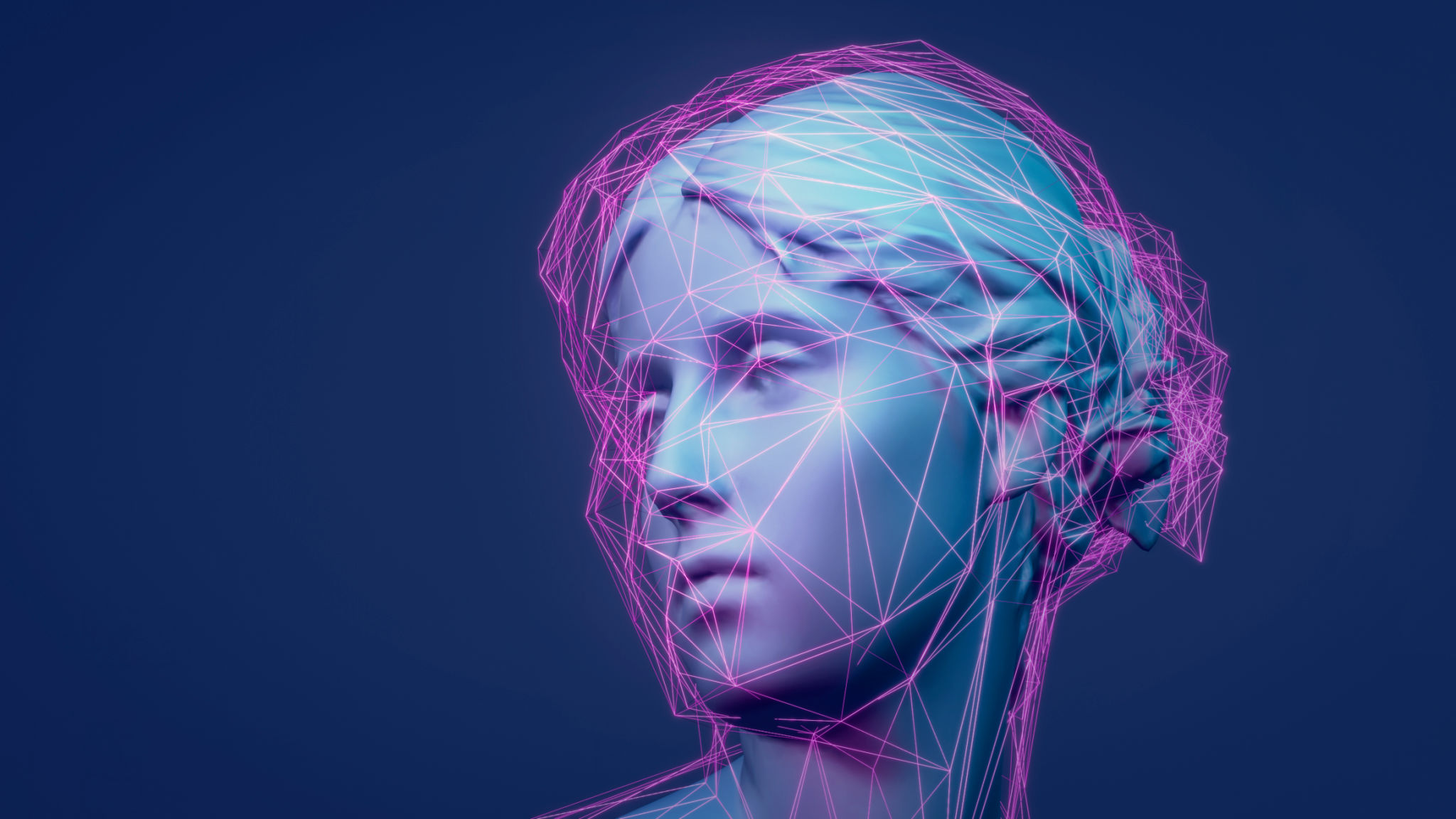Top Trends in Web3 Technologies: Innovations Shaping the Future
Understanding Web3 Technologies
The evolution of the internet has led us to Web3, a new paradigm that promises to revolutionize the digital landscape. Unlike Web2, which is characterized by centralized platforms, Web3 is all about decentralization. This shift is primarily driven by blockchain technology, which underpins many of the innovations we are witnessing today.

Web3 aims to empower users by giving them more control over their data and online interactions. This is achieved through the use of smart contracts, decentralized finance (DeFi), and non-fungible tokens (NFTs), among others. These technologies are not only transforming industries but also creating new opportunities for innovation and growth.
Decentralized Finance (DeFi)
One of the most significant trends in Web3 is the rise of decentralized finance. DeFi platforms allow users to lend, borrow, trade, and earn interest on their digital assets without relying on traditional financial institutions. This democratization of finance is opening up new avenues for individuals and businesses alike.
Some key features of DeFi include:
- Permissionless access: Anyone with an internet connection can participate.
- Transparency: All transactions are recorded on a public ledger.
- Interoperability: DeFi platforms can seamlessly interact with each other.

The Rise of Non-Fungible Tokens (NFTs)
NFTs have taken the digital world by storm, offering a new way to represent ownership of unique digital and physical assets. From digital art and collectibles to music and virtual real estate, NFTs are reshaping how we perceive value and ownership in the digital age.
Unlike cryptocurrencies like Bitcoin or Ethereum, which are fungible and can be exchanged on a one-to-one basis, NFTs are unique and cannot be exchanged for one another. This uniqueness has made NFTs particularly popular in the art world, where they are used to authenticate and sell digital artworks.

Smart Contracts: Automating Trust
Smart contracts are self-executing contracts with the terms of the agreement directly written into code. They automatically execute and enforce themselves based on predefined conditions. This automation reduces the need for intermediaries, lowers costs, and enhances security in transactions.
Smart contracts are used across various applications, from simple transactions to complex multi-party agreements. Their ability to automate trust has made them a cornerstone of Web3 technologies, enabling more efficient and transparent processes.
Challenges and Opportunities Ahead
While the potential of Web3 technologies is immense, there are still challenges to overcome. Issues such as scalability, security, and regulatory compliance need to be addressed to ensure mass adoption. However, these challenges also present opportunities for innovation and improvement.
The future of Web3 is promising, with continuous advancements paving the way for a more decentralized and user-centric internet. As these technologies mature, they will likely redefine various sectors, from finance and entertainment to healthcare and beyond.

